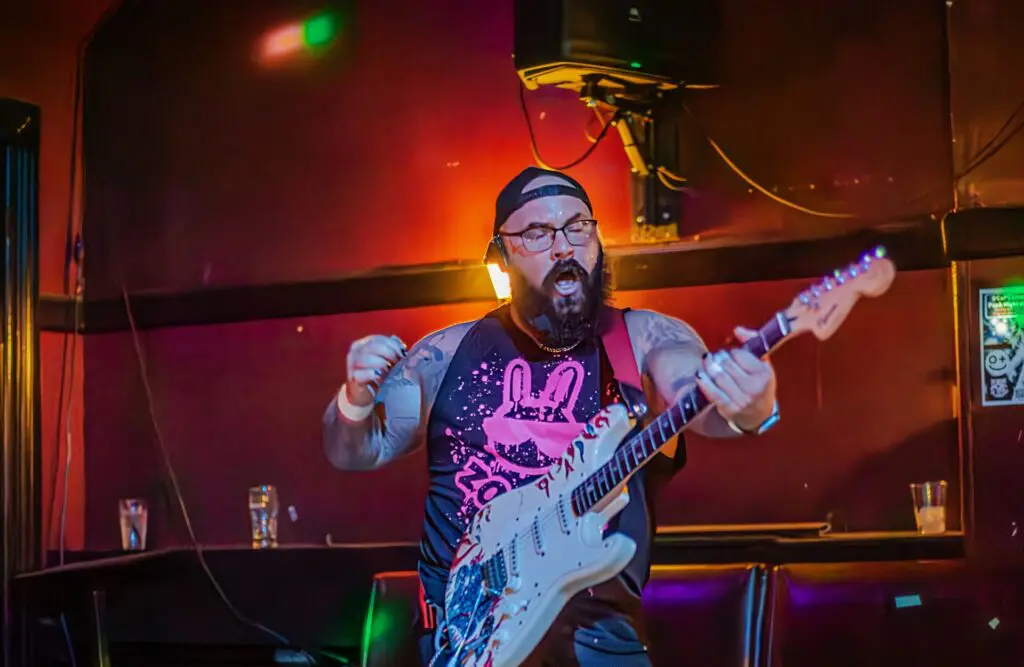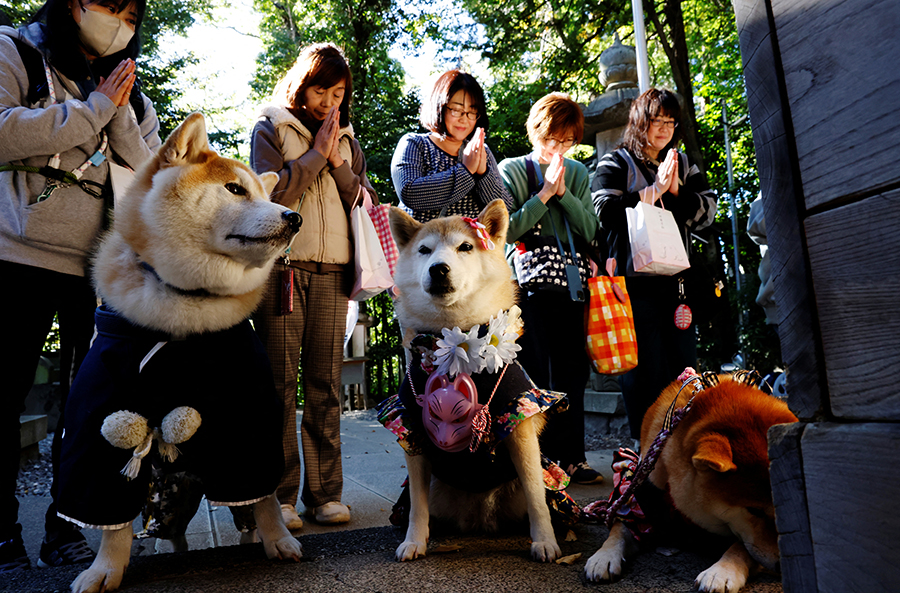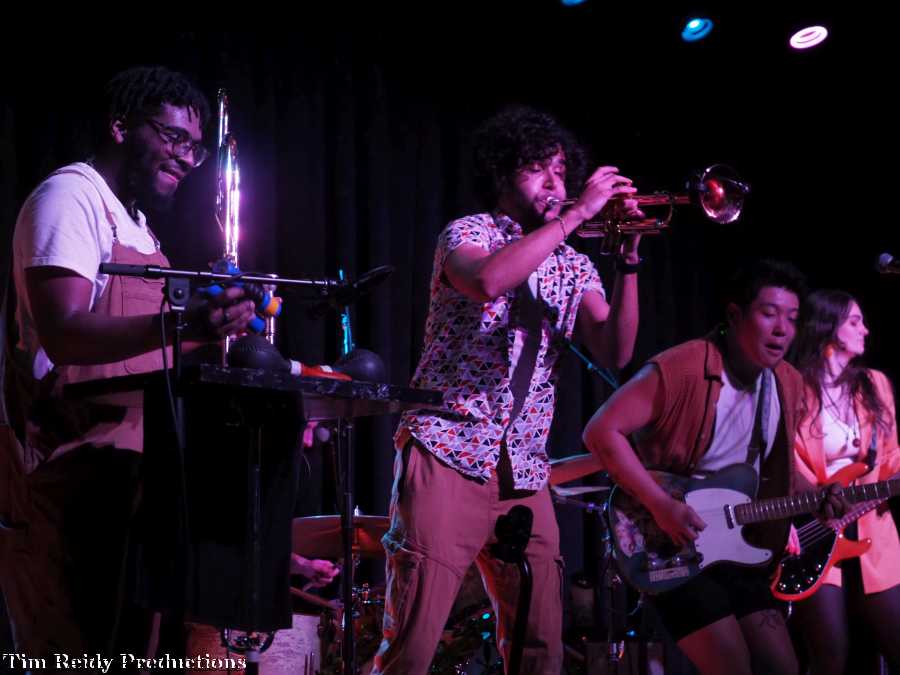Susan Robbins – An Xperience Interview
Written by Staff on December 6, 2023
Susan Robbins, an Xperience Interview – by Liam Sweeny.
Susan Robbins is an actor, artist, producer and director, and she found one of her passions in the story of Lee Shaw, a local music legend. I had a chance to reach out to her. Now you do too.
RRX: You directed the film 88 Keys, which is about Lee Shaw, the Queen of Albany Jazz. Not everybody knows this story, which I imagine presents a unique challenge when it comes to research in a local sense. Did you have a fully fleshed out Lee Shaw to work with directing, or were there holes the cast had to make up for?
SR: Lee had a long history with much information and many photos detailing her entire life story. It would have been good to have more video from her early career. But we had her other band members from the present and past to interview as well as Lee herself. At first Lee only wanted to share the high lights of her career. But after speaking with her on many occasions she finally opened up and shared more of the real life events and struggles of her musical career.
RRX: The common understanding of directors is the work you do with actors. But there’s more involved, isn’t there? Before the scene and after the scene, what things are on a director to oversee? Is it everything? And since you’re a filmmaker also, are there off-scene director roles not covered by the filmmaker?
SR: I was the one who approached Lee about making a film about her life. Taking on the project meant I had to handle everything, hire all the crew for filming and do the producing until I found a co-producer. I also hired the editors and worked with them in the editing room. I sourced and conducted all the interviews for the film. Since the film is a documentary and it was my project I became the director by default. Lee was only going to trust me for the interviews. I decided who would be interviewed for the film. I directed the whole project from start to finish. I wore many hats. Which is very different from a director hired to direct a narrative film. I did not direct professional actors. I interviewed her band members, professionals in the music industry and her friends.
RRX: There are a lot of indie filmmakers in the area that have done some pretty stunning work. I’ve noticed that a lot of what gets filmed here is sort of bizarro, like horror sci-fi comedies, vampire grit, superhero inspired tragic dramas. What kind of film would you like to do here if a couple million fell in your hand tomorrow?
SR: Great question. I’d like to make a narrative film. I like true life stories that depict historical events. Events that have been forgotten or lost but have made a big impact. I am working on a project of this nature presently.
RRX: People put the sword of Damocles on directors, and you think about the Marvel/DC directors, and they’re like gods to the fandom. But there are writers too that get the silent service. Good writing makes good stories, right? But bad writing… would you rather have good writing and bad actors or bad writing and good actors?
SR: Ok this is actually a tough question. But the bottom line is you want to have good writing. If you don’t have good writing then you don’t have a project that will go anywhere. So my answer would be good writing and bad acting. By the way, it’s not easy to act out bad writing. You also said bad actors. You did not say if they were name actors or not. Having a name actor or known stars in your film project makes all the difference in the world. People will go see a bad film if they know and like the actors in the film. But if the writing is really bad the word gets out and even with stars in your film you will not get an audience. The story and the writing needs to be good.
RRX: When a director has to work with an actor, I imagine that things can get difficult. It’s like a writer and an editor, sometimes a hated, but necessary, relationship. An editor, and a director, have to take the good and make the better. Are there good ways to bring the criticism that you need for top work?
SR: There are so many stages a project has to go through to get to production and then post production. Changes and revisions happen all along the way. You have to have a thick skin to make a film and be ready for criticism and constant changes from start to finish.
Which means you have to bend, be willing to listen and go with changes that need to happen. My best answer for top work happens in the final stages in the editing room! Also to answer this question I have to break down everyone’s roles. First you have a script from the writers, ( The editor is the last person who edits the finished film making, so the editor is not going to be going over the script.) The final script is decided on by the writers and producers. Changes to the script are made well ahead of filming. Sometimes changes to the script are requested by the director or actors. If their requests are met depends on much. It’s important to have a director who is an “actor’s director”. With good understanding between the director and the actors you are going to get great work.
They are going to give and take and trust each other, which makes for good work. Then you have to trust your editor, because they make the magic happen. Doesn’t mean you can’t question their choices. But you have to instinctively trust that they know best !
RRX: In addition to being a filmmaker and a director, you’re also an actor and artist, so you’ve been on every side of the director’s chair. Do you prefer taking on the role of director or the role of actor? Are their certain projects that would pique your curiosity one way or the other?
SR: I was an artist first and foremost before I got into acting or filmmaking. As an artist you see the whole picture and the overall project. Artists are also the behind the scenes people. So I have to say I prefer the role of filmmaker/producer. I do enjoy directing in the sense of the overall film project. But if I am able to make a narrative film in the future I will hire a director other than myself. Just as I would hire actors other than myself. Making a film you want a team who are professionals at their individual jobs.
I am always fascinated by musicians and their life stories. I think I would enjoy doing the life history of more musicians. Not only is their background interesting, but you get to hear great music also.





 RadioRadioX
RadioRadioX